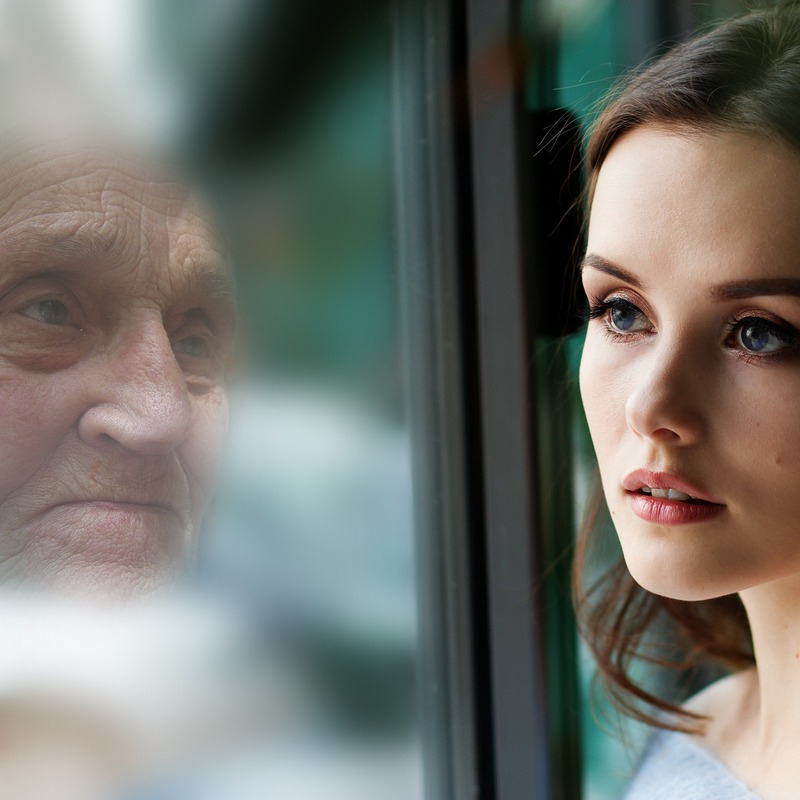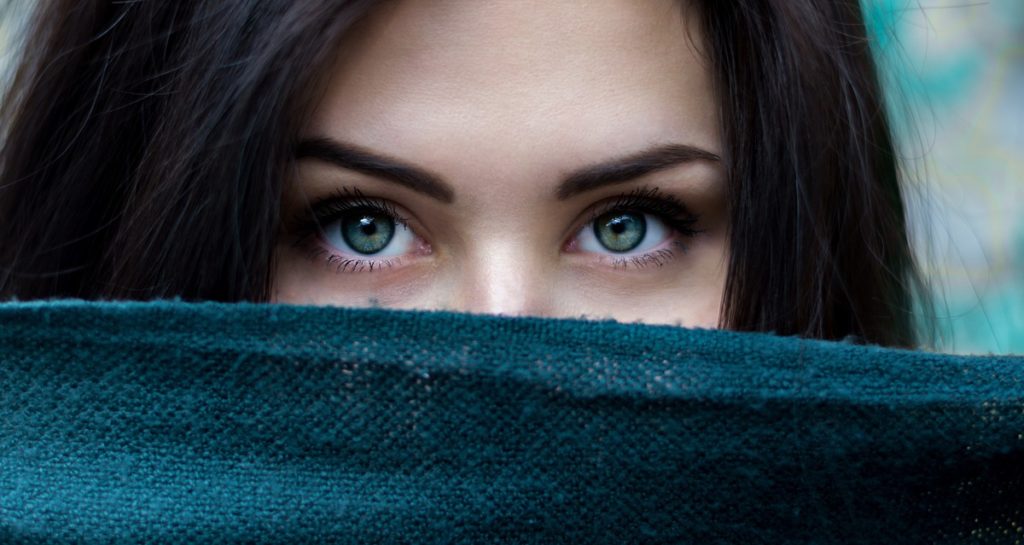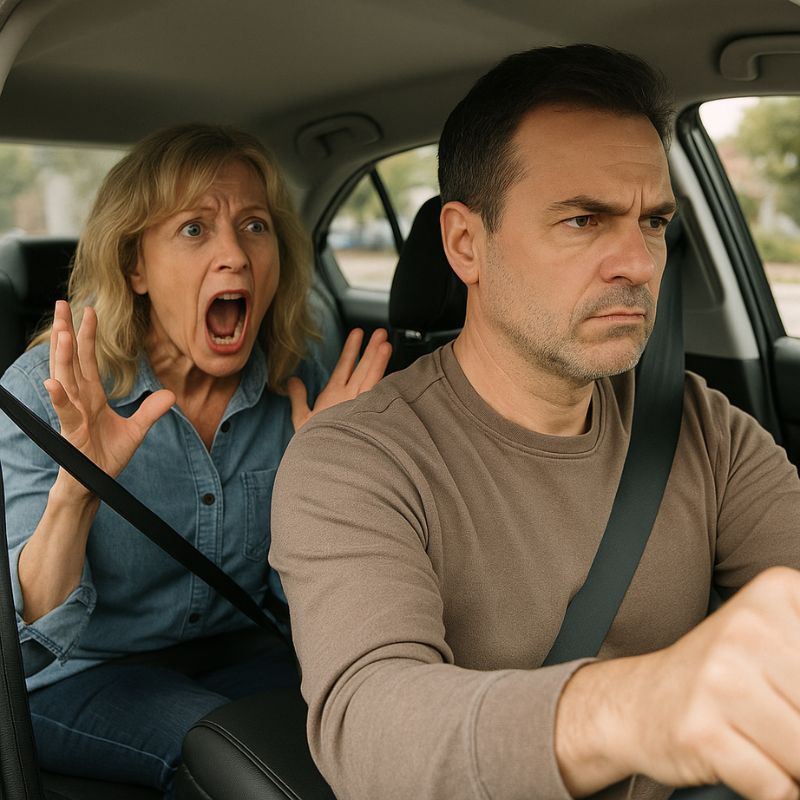Who Do You See When You Look at Yourself?
When you look at a reflection of yourself in a mirror or watch a video of yourself, who do you see? Who’s looking back at you?

After working as a presentation coach for many years, it became clear to me that when I sat with my clients and watched video recordings of presentations they had given, it was like we were watching two different videos. What I looked for was how much-uncensored aliveness appeared in their eyes and on their faces. What they saw was something completely different.
Almost to a person, what they saw was who they thought they weren’t. In other words, most of them were only able to see themselves through the lens of imperfection or incompleteness.
We all have ideas of how we look, and when the reality of a reflection in a mirror, or a video is presented to us and doesn’t conform to the image we have of ourselves, we can take it as a sign that something’s wrong.
When humans intentionally look at a reflection of themselves, they unconsciously compose the face they want to see. The expression on their faces, the tension or relaxation on their faces, the angle of their head; all of these are designed to give them the experience they expect to see.
What happens when you unexpectedly catch sight of your own reflection in a reflective surface in a public place? It can take a minute to recognize yourself because you haven’t had time to compose that face, or expression, or pose you’d like to believe represents you. But it’s still your reflection, isn’t it?

As I’ve gotten older, I’ve surrendered the idea that any mirror reflection or video/film of me should look a particular way. I don’t expect to see the face I had when I was twenty-six, or forty-two, or fifty-nine, which makes it a bit easier to see the image looking back at me with some clarity.
The single thing I check for is the uncensored aliveness I mentioned earlier. If I see that uncensored life shining in my eyes, it takes no effort at all to look past the signs of aging in my face. That sheer aliveness I see coming from my eyes is me: the reflection I see is not me. It’s just the “car” I ride around in as a human being.
The reflection of yourself you see in a mirror is a snapshot of your physical appearance at any given moment, but is it really you?
Does it really have anything at all to do with who you are?
Does it make any sense to assume that the reflection in the mirror should conform to the idea you have of how you look or should look? Having an idea of how you think you look, or want to look is perfectly fine, so long as you don’t take it too seriously, or hold the image in your mind too tightly. If you do, you’ll experience a sense of disappointment or lack when you look at yourself because of the discontinuity between what you would like to see, and what you’re seeing.
Sounds like a form of punishment, doesn’t it? It feels that way, too. Comparing how you once looked, or believe you look, or want to look, with the face you see in the mirror, or in a photo or video can only make you feel like there’s something wrong.
What you see is simply the container you live in as a human
Of course, whatever you see when you look at yourself isn’t you. It’s simply the container you live in as a human. Whatever it looks like, it serves its purpose because it allows you to experience life as a living, aware being.
As an exercise, the next time you see your reflection, or a video of yourself, rather than concentrating on how your face appears, just focus on the aliveness in your eyes. It’s the same aliveness that animates all of us. If that’s your focus, you’ll never be disappointed with what you see.
If you liked this blog, please check out my other articles.




